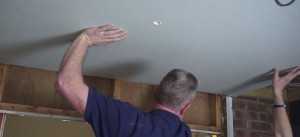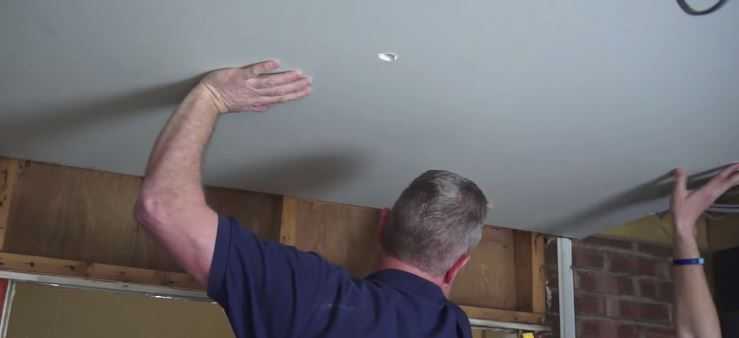Disclaimer: This website provides health information for educational purposes only and is not a substitute for professional medical advice, diagnosis, or treatment. Always seek the guidance of a qualified healthcare provider with any questions you may have.
 Lightweight plasterboards have been around for a number of years. As a general rule, they comprise of two sheets usually made of either paper or paperboard in between a plaster core. Both faces offer tensile strength while the core itself features compressive strength.
Lightweight plasterboards have been around for a number of years. As a general rule, they comprise of two sheets usually made of either paper or paperboard in between a plaster core. Both faces offer tensile strength while the core itself features compressive strength.
Here are some of the known uses of the lightweight plasterboard.
1. Fire Protection
Lightweight plasterboards feature gypsum crystals that have a small amount of water. In case of fire, the water helps keep the temperature down and prevent its spread. Fireproof homes extensively use plasterboards for resisting fires for at least four hours using multiple levels of protection.
2. Noise Reduction
You can rely on plasterboards for driving down noise, especially sounds such as music and voice. Gyprock.com.au cites high performance lightweight plasterboards that have a specially designed core that effectively insulates against sound.
3. Moisture Resistance
While the standard plasterboard is one most ideal for almost any kind of environment, you should not use it constantly in wet conditions. Instead, use specially designed moisture-resistant plasterboards appropriate for the bathroom and kitchen. The use of special silicone additives in the core and non-combustible, glass-reinforced gypsum board is perfect for these conditions.
4. Fiberglass Reinforcement
For those looking for high performance plasterboards, there is a fiberglass-reinforced gypsum board. This plasterboard features reinforced layers of glass installed immediately beneath the surface. The result is an all-around high performance, high quality and durable plaster finish that allows bending the board for use on curved structures. Builders recommend these in semi-exposed sections of a structure like soffits.
Plasterboards usually come either in square edge or tapered edge. The former is generally for use on textured finishes, while the latter is best for skimming and jointing applications.
Plasterboard is a versatile material, and though far from flashy, it’s one of the best structural inventions so far. Use it accordingly, and keep abreast with the developments in plasterboard technology.




